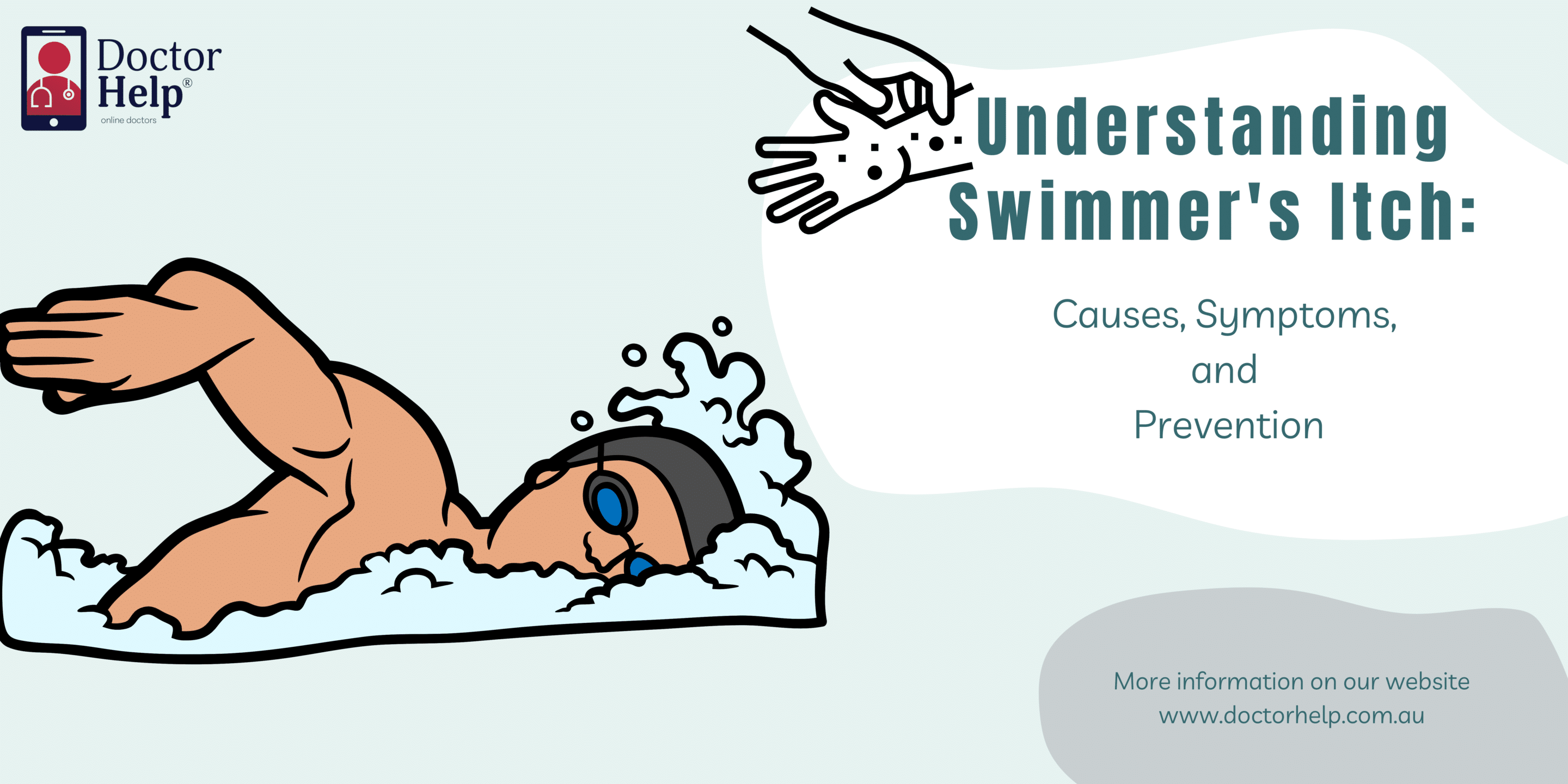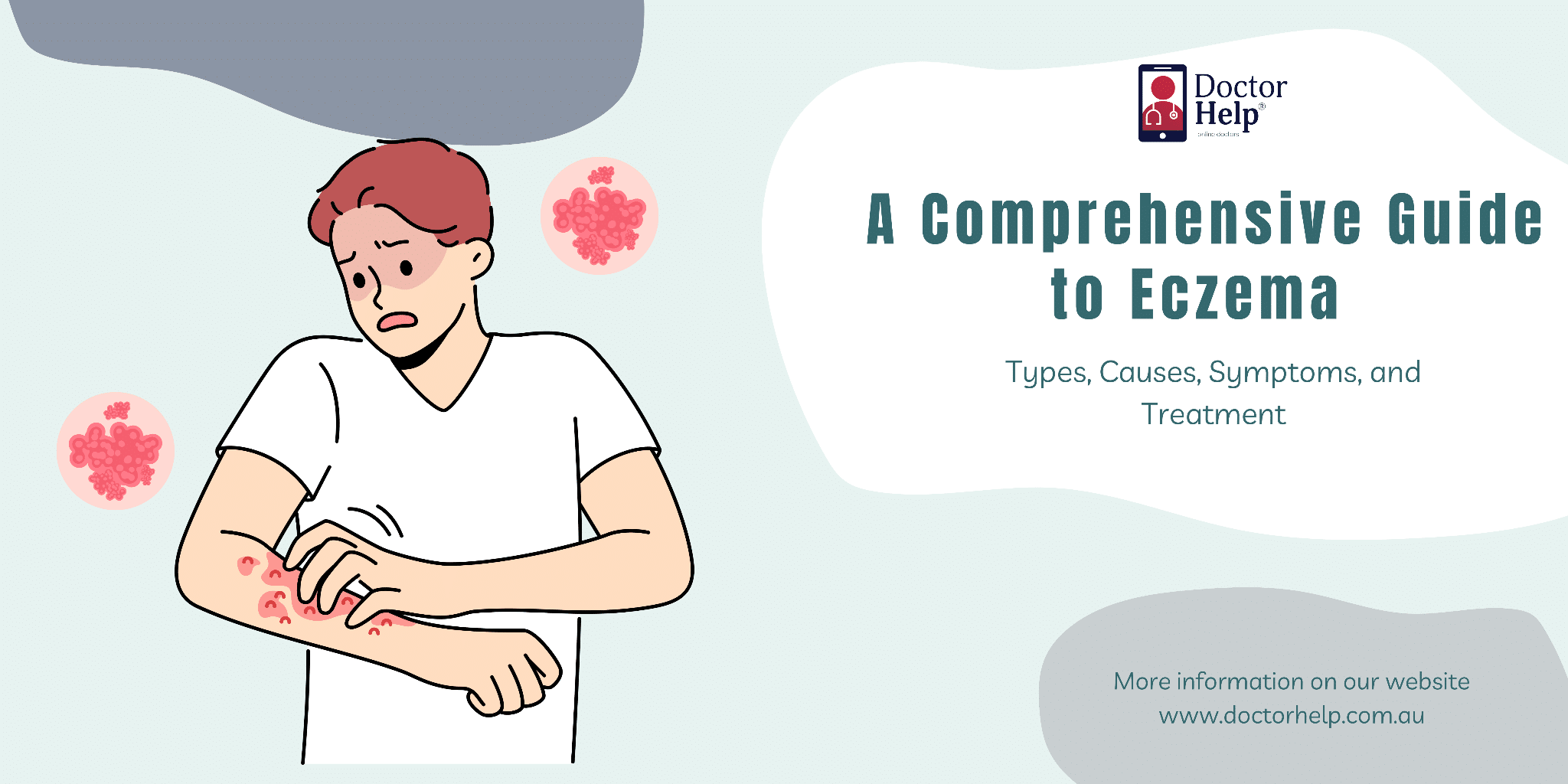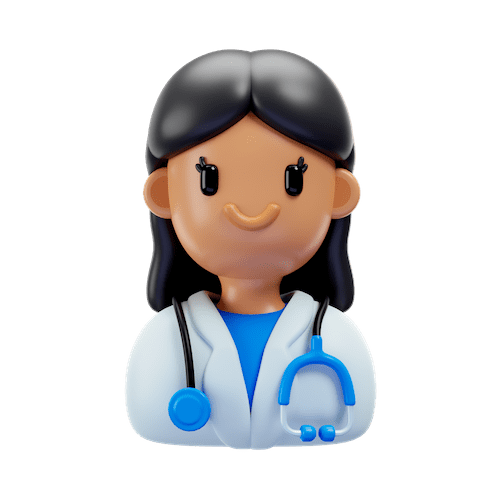Table of Contents
One of the most significant phases after puberty is Menopause in the life of all women. During this time, the production of the reproductive hormone estrogen is reduced and menstrual periods permanently stop. In Australia, the average age of menopause in women is 51 to 52.
Levels of estrogen and bone health:
As there is a relation between bone health and estrogen, when the estrogen levels are lowered then the bone density starts to decrease. And for obvious reasons after the event of menopause when there are very low levels of estrogen bone thickness also decreases. Having lower levels of estrogen increases the risk of developing osteoporosis.
Osteoporosis
Bone disease, which leaves bones less dense, reducing bone mass. We can say that with this condition bones get weak leading to breakage of bones and causing them to fracture more easily.
Identifying osteoporosis:
If you have risk factors for osteoporosis, your doctor may give you a referral to get a bone density scan called a ‘DXA’ or ‘DEXA’ scan for further clearance and for better treatment at present. It measures the bone density to get the update around the area of the lower hip.
Menopause and Osteoporosis:
Osteoporosis is a disease that reduces bone mass and causes deterioration. This leads to fragile bones and increases the possibility of fractures.
Osteoporosis becomes more common the older you are, starting from a rate of 3.3% among individuals aged 45-49 to 50.3% among those aged 85 and above.
The down graph of estrogen levels also decreases calcitonin effects which is responsible for absorption of calcium in blood.This causes the parathyroid hormone to largely increase, worsening bone density loss.
The decline in estrogen production disbalances the bone balance, increasing the possibility of osteoporosis and fractures, especially in the region of the spine and hip’s trabecular bone.
Link Of Calcium With Bone Health:
The basic mineral essential for maintaining bone density during and after menopause is calcium
Does calcium play a role in bone density?
It doesn’t significantly increase bone density above your genetics, but it preserves your bone health.
To optimize calcium’s effectiveness, combine it with vitamin D, as it enhances its absorption. ultimately resulting in benefits for the bone in every aspect.
Epiphyseal Closure
In females specifically, bone growth in terms of length generally stops in the late teens to early twenties, a process known as epiphyseal closure.
However, bone density continues to increase, peaking around 30. The changes in bone density don’t usually cause significant weight loss or gain, but those in muscle and fat mass do.
Prevention of osteoporosis after menopause:
Keeping our bones healthy is beneficial for our overall health. A balanced diet and regular exercise are essential in maintaining strong bones, which keeps the support in our muscles and our body in shape.
If you’re looking to build your bone density and prevent osteoporosis, consider adopting these strategies:
Dietary adjustments:
As diet is essential to attaining this goal, we should consume calcium- and vitamin D-rich foods such as dairy products such as milk, yogurt, leafy greens, and supplements. Maintain a balanced diet with adequate protein, fruits, vegetables, and whole grains while avoiding excessive salt and caffeine.
Regular exercise:
Regular exercise will build stamina and endurance in the body and in bones to carry more resulting in making them strong. In exercises, do weight-lifting, resistance, and cardio exercises regularly like walking, dancing, lifting weights, and resistance training.
Conclusion: Enhancing Bone Health For Healthy Aging
Menopause is a main event in a woman’s life that brings many changes, including physiological changes that also impact bone health. These changes are linked to osteoporosis. If dietary habits and physical activity are balanced, the process of aging will become more joyful, and you can focus on memories rather than health issues.
Role Of Telehealth:
Telehealth plays a significant role in maintaining healthy habits in females after 40. Online consultations enable women to discuss their condition with health practitioners. This way they can get the much-required initial support for managing their menopause. If you also want to get












